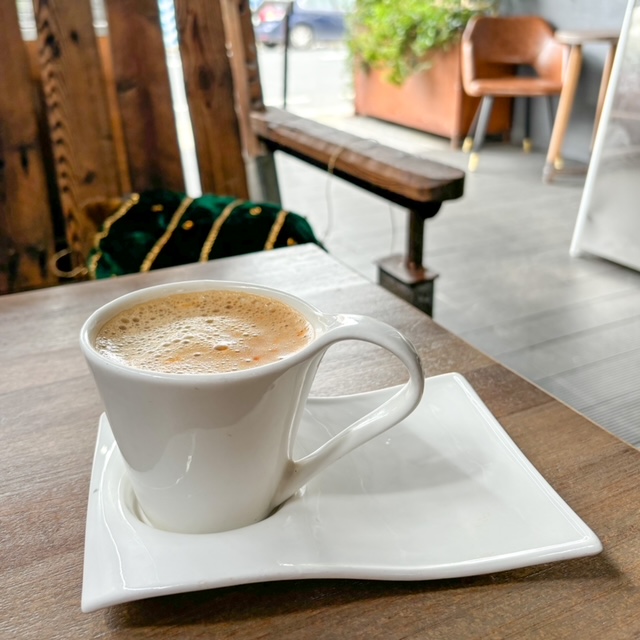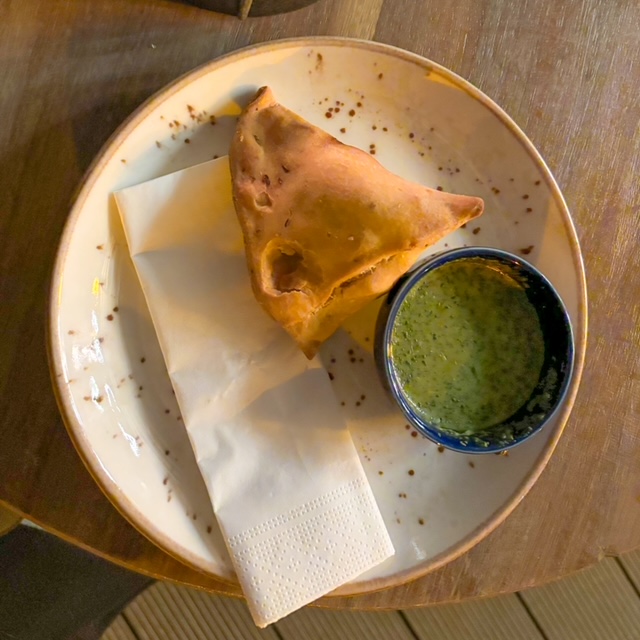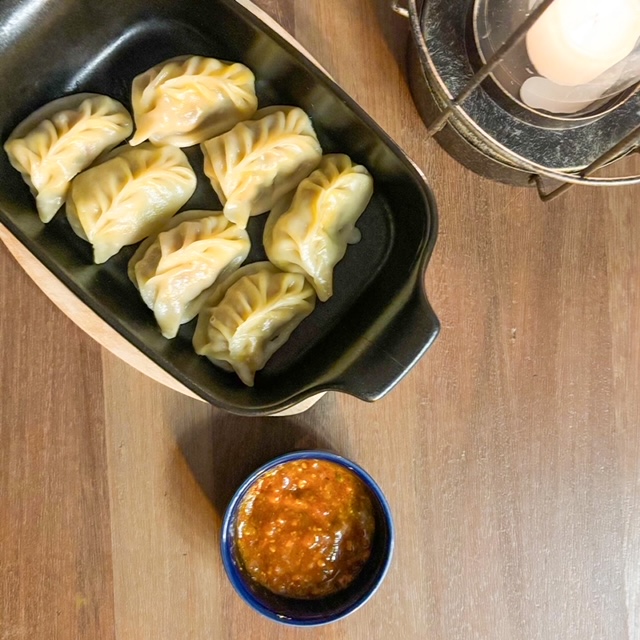If there’s an aspect of Delhi’s eating out scene I’d change, it would be to encourage locals to allow Pakistani establishments more visibility. The dismal momo and sheesha cafés of Satya Niketan and Safdarjung Development Area market would do well with leadership from across the border, especially since more than half the menu at each one lists milkshakes. Ahmed Abdullah, a former resident of Karachi, has illustrated this in Dublin — and quite well.
While a potent sense of impending doom welcomes anyone who visits Delhi’s sheesha cafés, Adda has its courteous owner Ahmed ensuring this isn’t the case in Dublin. I’ve visited on both a rainy evening and bright afternoon, and the only noticeable contrast was the colour of the sky. If a handwritten menu and heaters don’t seem unique enough, wait until your feed is graced by posts from people who were given Kashmiri shawls to keep warm.
Outside of India, Dubai is one of very few cities that has been able to perfect the art of the karak chai adda. The Clanbrassil Street incarnation of Arab-South Asian tea rooms may be slightly more elaborate, but it still embodies their time-honoured character. A menu that lists multiple varieties of sheesha, three types of chai, and samosa, is monumental evidence.

Karak chai means little to me unless it looks like it would scald my tongue, and Adda’s fortunately arrives steaming. A hint of saffron brightens it up in terms of both appearance and taste, making the wait for the food more bearable. The samosa displays the quiet confidence of a person who believes in letting their actions do the talking: its crisp, flaky covering is impossibly non-greasy and the potato filling masterly.

Chai and samosa on a rainy Dublin evening feel almost otherworldly, and even more so when accompanied by sheesha. I picked the apple and betel leaf, which had a smooth aniseed flavour. It didn’t irritate my throat or make me cough even once. Sheesha serves many purposes, which include being an antidote to awkward silence and a distraction when hunger pangs take over. I recommend you get one if you’re also getting the momos because it takes the kitchen 20 minutes to put them together (this is communicated when you order).

The surroundings began to fade once the momos were at my table (I became immersed in admiring the neat parcels and accompanying fiery orange chutney). Both the chicken and veggie ones are steamed well enough to not stick to the plate, and remain sturdy when bit into without being chewy. The veggie momos are noticeably spicier than the chicken ones, but the chutney makes up for any missing spice. Ahmed serves another version of his meticulously-prepared condiment, meant for those who might prefer it less hot. I declare them the best momos in Dublin without reservation (pun not intended, but could well apply).
Two visits to Adda weren’t enough to warrant forgoing the momos for me, but I’ll attempt to be more disciplined and try the biryani next time. Seeing a detailed post by an Indian every other day should be enough ground to make anyone want to visit. It might shock Dubliners to see biryani on a menu that belongs to a place deviating from restaurant standardisations, but it’s the only way they'll warm up to the idea of an inclusive café culture.